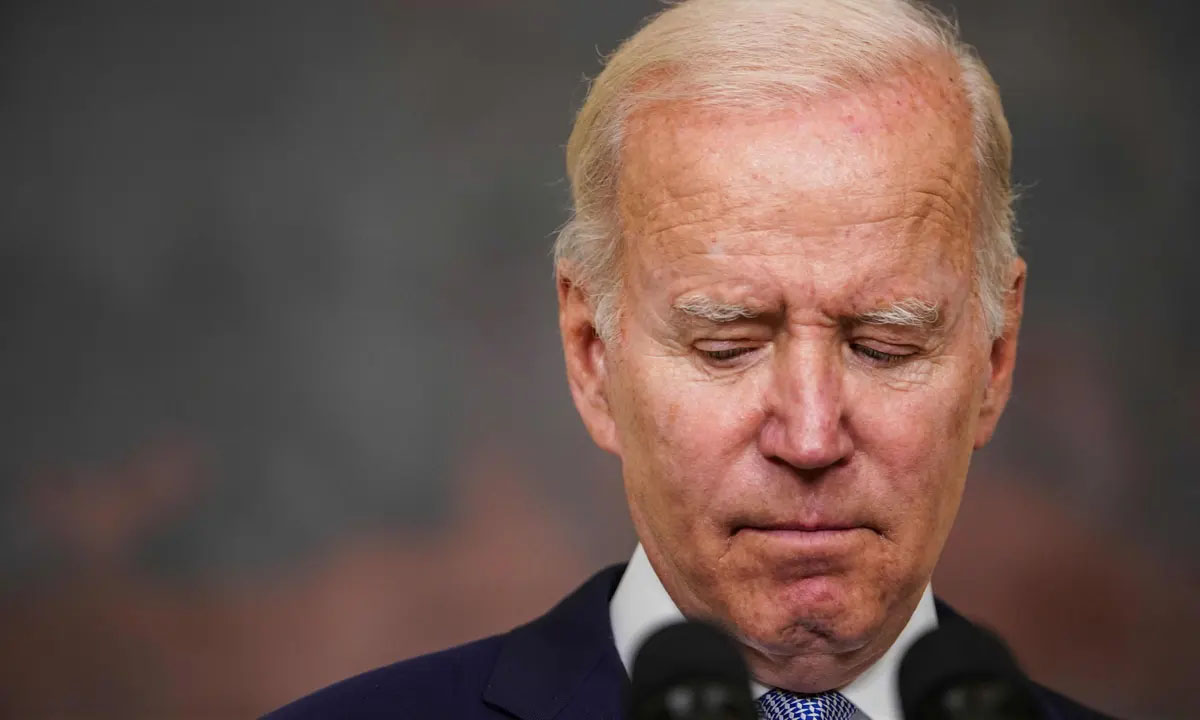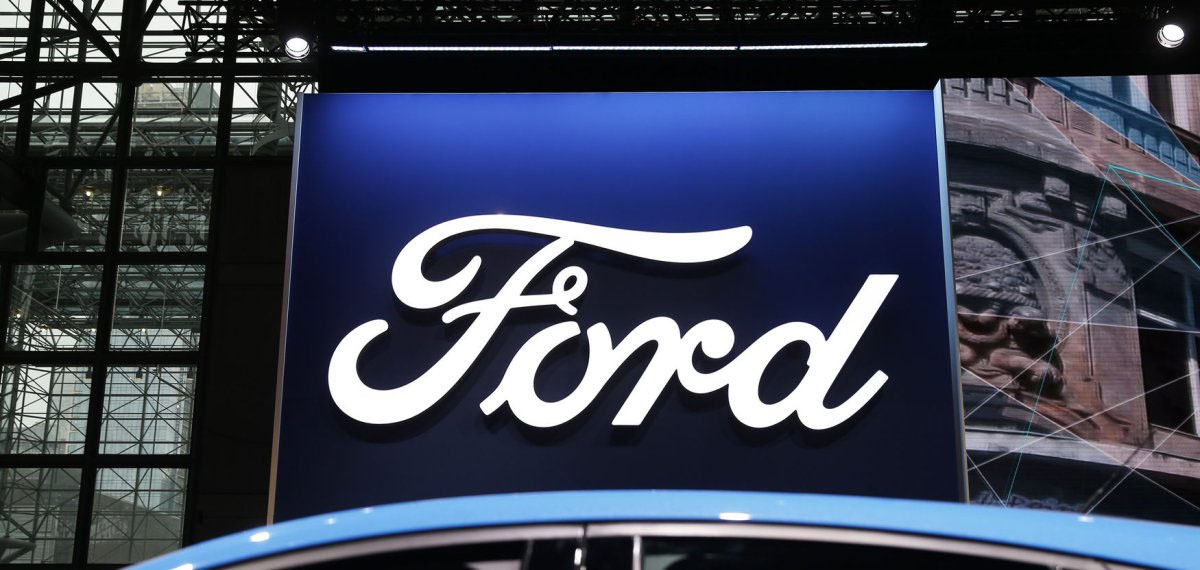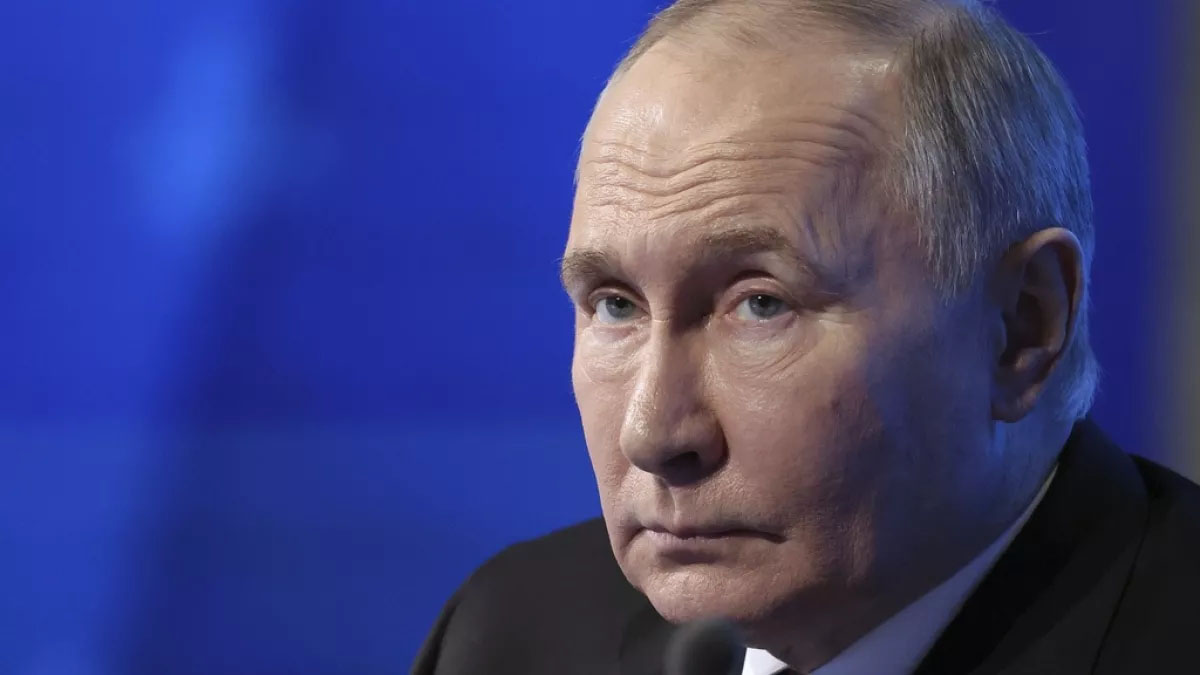
Photo Credit:Dreamstime
In an unusual and concerning medical development, a rare form of ringworm, typically transmitted through sexual contact, has been reported in the United States for the first time. This announcement from the Centers for Disease Control and Prevention (CDC) has raised alarm among healthcare professionals and the general public alike.
The first known U.S. case of this sexually transmitted form of ringworm was identified in a patient in New York City. The individual, whose identity remains confidential for privacy reasons, sought medical attention after experiencing persistent skin lesions and severe itching in the genital area. Laboratory tests confirmed the presence of a rare strain of the fungus *Trichophyton mentagrophytes*, known to be sexually transmissible.
Ringworm, despite its name, is not caused by a worm but by a fungus. The infection typically presents as a red, circular rash and can affect various parts of the body, including the scalp, feet, and nails. While ringworm is commonly spread through direct skin-to-skin contact or by sharing personal items, this rare strain's primary mode of transmission is through sexual activity.
The CDC has emphasized the importance of public awareness and education to prevent the spread of this infection. Dr. Annaliese Cameron, a CDC
spokesperson, highlighted the need for vigilance among both healthcare providers and the public.
"This development is significant because it introduces a new transmission route for a common fungal infection," Dr. Cameron stated. "We are urging people to practice safe sex and to be aware of the symptoms of ringworm. Early diagnosis and treatment are crucial in managing and containing this infection."
Symptoms of sexually transmitted ringworm include red, itchy, and scaly patches of skin, often with a ring-like appearance. The affected areas may also become swollen or form blisters. Treatment typically involves antifungal medications, which can be prescribed in topical or oral forms depending on the severity of the infection.
Healthcare providers are advised to consider ringworm in the differential diagnosis for patients presenting with genital rashes and to take appropriate measures to prevent its spread.
To mitigate the risk of contracting or spreading this form of ringworm, the CDC recommends the following precautions: Practice Safe Sex**: Use condoms and engage in protective measures during sexual activity. Maintain Good Hygiene**: Regularly wash hands and affected body parts, and avoid sharing personal items such as towels and clothing. Seek Medical Advice**: If experiencing symptoms of ringworm, consult a healthcare provider promptly for diagnosis and treatment.
The emergence of a sexually transmitted form of ringworm in the United States is a reminder of the evolving nature of infectious diseases and the importance of public health vigilance. While the risk to the general population remains low, awareness and preventive measures are key to preventing wider spread. The CDC continues to monitor the situation closely and advises anyone with concerns or symptoms to seek medical
attention.

























